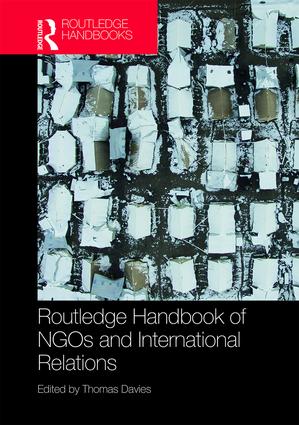
The Routledge Handbook of NGOs and International Relations (edited by Thomas Davies) was published on April 4. Iveta Silova and I wrote a chapter on education entitled, “Five Generations of NGOs in Education: From Humanitarianism to Global Capitalism.” We spotlight two NGOs in education, the PAL Network and Education International. The point of our chapter is to:
detail the emergence of NGOs in education and the main debates around their involvement, and then discuss two extremes: NGOs that have been co-opted by neoliberalism [The PAL Network] and those that actively fight against it [Education International]. The point of presenting extremes is to show the broad scope of education NGOs’ work and discuss the complexity of the contemporary NGO landscape, suggesting not that all NGOs are one or the other but rather that there is a complex spectrum. More fundamentally, the goal of this chapter is to highlight the contradiction within neoliberal capitalism that, on the one hand, people and institutions can reproduce a system unknowingly, while, on the other hand, fighting against global capitalism often means doing so from within the system. We conclude the chapter by questioning the meaning of the public good of education vis-à-vis NGOs and whether it can exist, in new forms, not only within global capitalism but also within the contemporary moment of reactionary nationalism. (p. 285)
